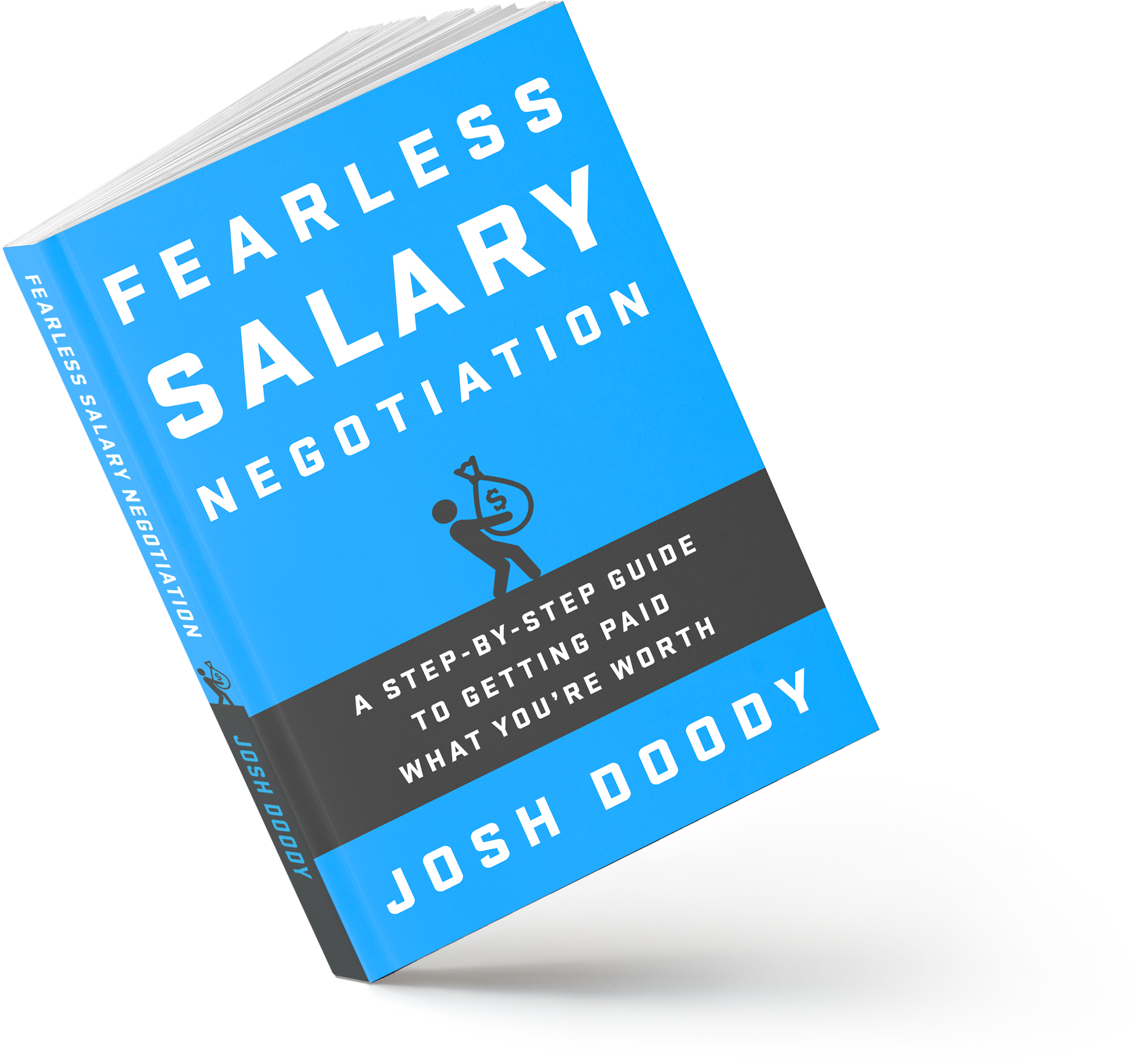Now you’re ready to present your case and request your raise. The proof is in the email you drafted. You have a list of things you’ve done that demonstrate that you’re adding more value than you were when your current salary was set, and you have praise from clients and colleagues to help drive things home.
Although you’ve written a strong email that makes your case well, I don’t recommend dropping that on your manager without some sort of warning. First, you should meet with your manager and ask for your raise, then you’ll follow up on your request by sending the email you composed.
Schedule a meeting to ask your manager for your raise
If you have regular 1-on-1s with your manager, then you should bring this topic up in your next 1-on-1. If you don’t have regular 1-on-1s scheduled, or if your 1-on-1 is frequently cancelled, you should reach out to your manager and let her know that you would like to meet soon to talk through some questions you have. Try to get a specific date and time on the calendar so that you can prepare for the conversation and so that you can be sure the conversation happens. You may need to take some initiative here to ensure that you have an opportunity to talk with your manager.
Once you’re having this conversation, you can say something like, “I’ve been doing some research, and I think I might be pretty far below the midpoint for my job in the current market,” or “I’ve been here for three years now and have gotten pretty small raises along the way despite taking on more and more responsibility. I’ve looked into the market value for my current job and it seems like my pay is a bit below the midpoint. I wonder if we can talk about what it would take for me to get a raise to bring me closer to the market pay for my job.”
Hopefully your manager will talk with you about this and give you some sense of how likely a raise might be. Because you have been working hard and have done your homework, you will already be prepared to back up your request with your research, accomplishments and accolades. You’ll want to emphasize that you’ve already been working hard to find ways to make yourself and your peers more efficient and productive, and that you think you’ve already justified the salary you’re requesting. Then let your manager know you’ll follow up with a short, written summary of your request after your meeting.
Send your email after you’ve spoken to your manager
Once you’ve spoken to your manager, review the email you drafted and make any changes that seem necessary after your conversation. You don’t want to send outdated information in the email. Once you’ve made any updates, go ahead and send it along to your manager for review and consideration.
You might be wondering why you’re sending an email that says the same thing you asked for in your meeting. The email acts as a record of your request, and it is forwardable—this is the key component. After you request your raise, your manager will almost certainly have to run your request up the chain of command. At every stop along that chain, someone will need to be convinced that you’ve earned this raise, approve it, and pass it on to the next link in the chain for approval. Your email makes your case clearly and succinctly and will make your manager’s job easier, which increases the likelihood of your request being approved.
Once you’ve sent the email, the actual raise is largely out of your hands. As we discussed earlier, there are many factors that companies consider when setting salaries, and some of those factors have nothing to do with you specifically. All you can do is make the most compelling case possible and hope that you get what you’re asking for.
If you get what you asked for, congratulations! Your work here is done!
By earning this raise, you have demonstrated that you’re helping your company make more money or save money beyond what was expected of you last time your salary was set. But don’t sit still! Now is a good time to start looking ahead at your career path, identifying positions where you can move to a higher pay grade, giving yourself more room for your next raise.
If you didn’t get the raise you asked for, work with your manager to make a plan.

